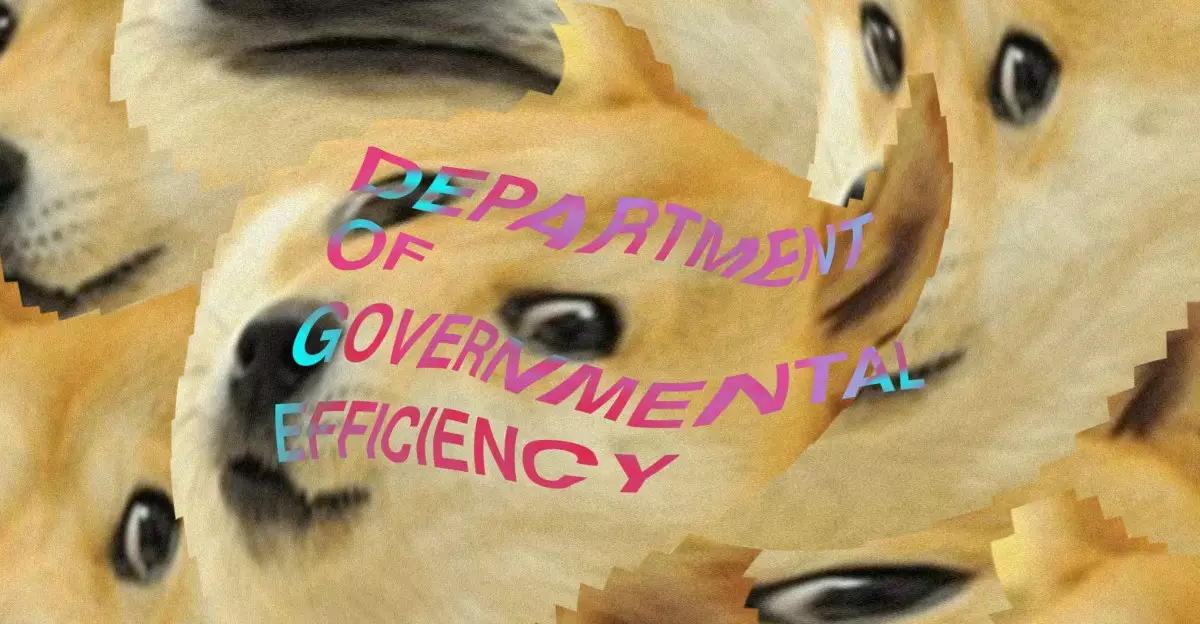The recent developments surrounding Marko Elez, a 25-year-old staff member in the Department of Government Efficiency, have sparked intense debate about the intersection of social media, public employment, and accountability within governmental structures. Elez’s reported access to sensitive payment systems in the U.S. Treasury Department raises critical questions about oversight and the vetting of individuals in high-stakes positions. His sudden resignation, spurred by revelations regarding a social media account linked to him which contained inflammatory and racist remarks, has triggered discussions around the limits of personal behavior influencing professional opportunities.
Elez’s social media activity included advocating for discriminatory policies such as a “eugenic immigration policy” and derogatory comments on specific demographics, particularly targeting Indian professionals. The inflammatory nature of these posts underscores a troubling mindset that raises ethical concerns about individuals making decisions within the government—the very body tasked with upholding equal rights and justice. The response from Elon Musk, who oversees Elez’s position, is telling; it reflects a broader trend in Silicon Valley regarding forgiveness and redemption in the face of problematic behavior. Musk’s declaration to reinstate Elez, after posting a poll that showed overwhelming support for his return, suggests an unsettling normalization of controversial viewpoints and behaviors.
Political Commentary and Broader Implications
Vice President JD Vance’s remarks on the issue, where he expressed a level of empathy towards Elez’s actions, highlight a growing sense of leniency in political discourse surrounding past social media transgressions. Vance’s defense not only represents a softening stance towards potentially harmful ideologies but also hints at a cultural divide between punitive versus rehabilitative perspectives on behavior. While some argue for a more forgiving approach, allowing individuals to learn from their mistakes, others contend that such perspectives could, if unchecked, permit harmful ideologies to infiltrate and influence governmental practices.
The Accountability Question
The crux of the debate revolves around accountability. If individuals within critical sectors like the Treasury Department exhibit radical views and poor judgment, the consequences could be far-reaching—not just for them, but for the integrity of the systems they manage. As society grapples with the evolving nature of social media and its repercussions, the case of Marko Elez serves as a poignant reminder of the necessity for stringent standards in public service offices. It’s essential for government employees to align with foundational societal values, including equity and respect, particularly in a context where their decisions may affect countless lives.
In the shadow of Elez’s reinstatement, it becomes increasingly important for institutions to reassess their hiring and decision-making processes. Promoting a culture of accountability, tempered with elements of understanding and growth opportunity, could foster a healthier political environment. Ultimately, the interactions between personal beliefs and professional responsibilities will continue to be a focal point in contemporary governance, as society grapples with defining the acceptable boundaries of behavior in an increasingly digital world.


Leave a Reply